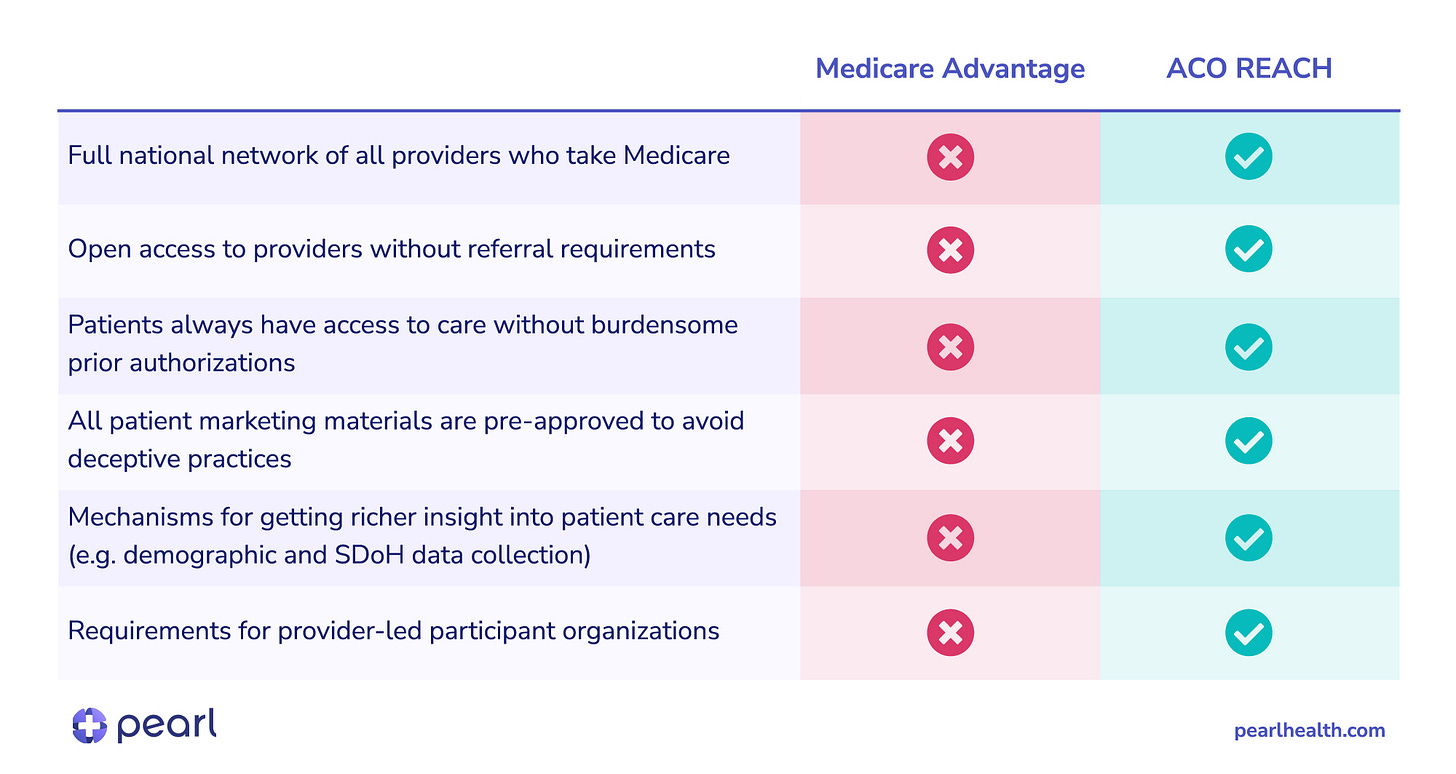What I read this week..(25/52)
Shortage of cancer drugs - KFF
thousands of patients today who can’t get a drug like cisplatin, approved by the FDA in 1978 and costing as little as $6 a dose..
VBC drives innovation, not consolidation - Health Affairs
MA is not the only VBC model - MSSP has been consistently delivering savings and is a better explainer than MA.
Consolidation is a secular trend and there is no causal link
.US needs to get creative about healthcare - NYT
United States can’t decide on a universal coverage scheme, and not only does it leave too many people uninsured and underinsured; it also distracts us from doing anything else. We have all types of coverage schemes, from Veterans Affairs to Medicare, the Obamacare exchanges and employer-based health insurance, and when put together, they don’t work well. They are all too complicated and too inefficient, and they fail to achieve the goal of universal coverage. Our complexity, and the administrative inefficiency that comes with it, is holding us back.
Quantifying Quantified Health - The Actuary
Physical activity has a visible positive effect on medical claims experience, with experience in hospitalizations and mental health visits generally improving with exercise duration.
Bias in Risk Prediction Models for CRC Recurrence When Race and Ethnicity Are Omitted - Jama
Is omitting race and ethnicity as a predictor in colorectal cancer recurrence risk prediction models associated with racial and ethnic bias?
Sometimes omitting bias inducing variables may lead to worse models..
Suddenly, It Looks Like We’re in a Golden Age for Medicine - NYT
New trials of breast-cancer drugs have led to survival rates hailed in The Times as “unheard-of,” and a new treatment for postoperative lung-cancer patients may cut mortality by more than half. Another new treatment, for rectal cancer, turned every single member of a small group of cases into cancer-free survivors.


